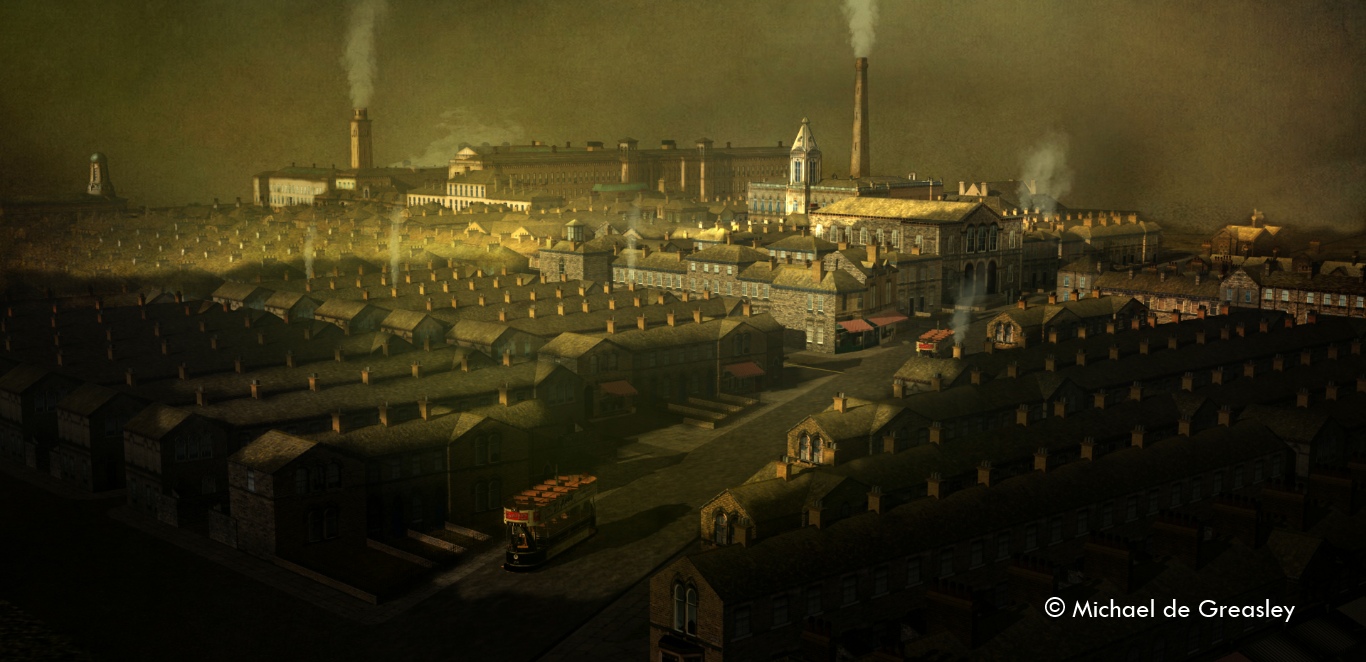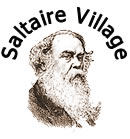I was born on June 4th in 1920 in a village called Lakorz, about 3hrs bus ride away from GDANSK and 2 kilometres from the German Border.
My childhood was spent in the village and my father was a craftsman with leather, making tack for horses and also working in upholstery. I was the eldest child and had 2 younger brothers and 2 sisters
I was almost 18 years of age when, in March 1938, I joined the Polish Junior Junaks (Cadet) Battalion because there was high unemployment in my area. The Cadets were due to do public works in the summer period and were trained in crafts and technical work in the winter. During my first summer we were working on the River Warta and in the winter I was training to be a road construction technician.
All that summer was marked by tension not only in Poland but in the rest of Europe and these tensions threatened war. When the Germans invaded Poland I was stationed at Wilno in North East Poland but my parents and family, living, just 2 km from the German Border, bore the consequences of the conflict from the first hour of the invasion. Later I learnt that my father got up early on September 1st to the sound of explosions and aeroplanes. He had gone to his brother’s house, which was next door, and shouted ‘Joseph its war!’
At that time I was in lodgings outside Wilno, where some road works were being undertaken. I heard that war had started at about lunch time on the same day. We saw people coming from the market in Wilno, aeroplanes overhead and people rushing away, telling us ‘its war’.
At the farm near where we were they had a radio and they confirmed war had begun. I had no idea what would happen to me or all of us – I was 19 years old. No-one had expected the war to progress at such speed and although we weren’t soldiers we were housed in Army Barracks and were in army style uniform. Our Commandant told us we must stay where we were and continue normally as before.
Wilno did experience a severe bombing on the Friday of the second week of the war. 20 or more aeroplanes came over and started bombing the radio station and the airport. Later that afternoon, we saw a lot of civilians (those who had cars) leaving the city. God knows where they were going – it was very depressing and sad.
On the Sunday, we went to church as usual and when we were marching through Wilno we saw soldiers on the streets and realised that, because these soldiers were aged in their 40’s, the reservists had also been called up and were doing garrison duties because the younger men had gone to the front. The atmosphere was awful.
The Germans were approaching Warsaw, 300 km away, so they were still a long way off. When we left the church that day however, all the soldiers were talking about the rumours that the Russians had invaded Poland from the East.
After returning to the barracks and tried to act normally. Then our battalion was called to a meeting. An Officer came and told us to pack up our belongings and told us we would be moving out in a few hours and may never return here.
First we were issued with full army field equipment such as rucksacks, clothes, uniform, shoes, rifles and ammunition. The officers told us ‘now you are soldiers’. Most officers were living with their families in our barracks but they had to leave their families behind and also start to move out. We saw some distressed people.
Towards the evening we marched to the Railway Station, we travelled to the outskirts of Wilno, it was raining and aeroplanes were flying overhead. It was getting dark and we noticed a large number of Polish troops in the fields.
After disbanding the marching column we tried to find some shelter and somewhere to sleep. A small group of us found a house with 3 women in residence, one of whom was ill. The women let us sleep on their floor.
Next morning, someone called us and we were set to digging trenches and preparing defences in the fields, to protect the city we were told. We saw many Polish troops around the city.
Darkness fell again and we went into the trenches we had made. We could hear noises on the nearby road. Russian tanks were coming down the road and artillery exchange could be heard from a distance. We got orders from our commander to leave the area and we began to move towards a farm. To our surprise Wilno was showing lights, as if in peace time. The reason was probably to assist the evacuation of the city.
After marching some distance we realised that we should work our way towards the Lithuanian Border as Lithuania was still neutral. We marched for about 30 km during the night in the rain. Eventually we came to a village that was full of Polish troops from all Units. We were still 12 km from the Lithuanian border.
The reason that the Poles surrendered the City so easily was that there was no main army to defend it. The bulk of our armed forces were in the west fighting the German Army there. We didn’t know what to do for sure or what would happen next. We could see many buses travelling from Wilno, full of families trying to escape the conflict. At one point the Polish Troops opened fire but it was a mistake and everyone laughed afterwards.
All the Polish Units got mixed up together and we all began to slowly make our way to the Lithuanian border. All discipline was lost and it became every man for himself. Some soldiers that were from this part of Poland set off to try to get to their homes. I couldn’t do this as I was too far away as were so many others so we decided to keep moving towards Lithuania.
When we got to the edge of a forest, we met a farmer’s wife, who we found to be living alone as her husband had been called up. She was completely distraught but gave us milk to drink and she showed us the way to the first village in Lithuania. When we did cross the border we were stopped by 2 border guards who told us that we had crossed the border and to surrender our arms. They removed the breeches from our rifles and let us continue on to the village in Lithuania.
We were in Lithuania from September 1939 to July 1940. In June 1940, the Russians invaded Lithuania. We had been housed in a Lithuanian camp of sorts, as they had no prepared camps, we were housed in a school building. We were guarded by the Lithuanians but when the Russians invaded they took over our camp. Shortly after this, the Russians made us pack our things and told us to be ready to travel. The next day we marched to the railway Station and were loaded on to trains. We set off, passing Wilno City during the night and some of the Polish refugee’s wives came to see their husbands and friends pass by to say goodbye.
We first stopped at Molodeczno and the train stopped there all day. When we were in Molodeczno, the Soviet Officers were sorting us and segregating officers from soldiers and army from the police force. Then we were transferred to Russian trains. We set off again and travelled east, passing Minsk. We spent 5 days on the train and the Russians provided us with a little food. We learnt to avoid the salted fish as it made us very thirsty. We eventually stopped in a small town called Babynino and we noticed it was a poor town, very neglected because the houses had no glass in the windows, just paper was used.
On leaving the trains, for most of a day we marched until we reached our camp. We were lucky because in this camp we were not made to work. We had a number of political educators assigned to work with us. At this time Russia and Germany were Allies, due to the Molotov-Ribbentrop Pact.
I don’t know why we didn’t get put to work by the Russians. They came to our blocks about 10am each morning and talked to us about communism – this was their ‘job’. It was 1940 and Russia and Germany were friends but we did get hints that the Russian Authorities were becoming suspicious of Germany and we thought that this may be why they were not more harsh towards us.
We were able to compare the behaviour of these guards with that of the guards who had escorted us during our travel. These escorts had had the faces of brutal men of the Steppe.
By this time the Germans had entered the Balkans, Romania, Bulgaria and Yugoslavia. The barracks housed around 3,000 Polish soldiers with a few former Polish internees from Lithuania and soldiers from Latvia and Estonia.
In the spring of 1941, rumours began to circulate in the camp that Germany would change direction and go to war with Russia. When we asked about this possibility, the Russian Officers denied it but on our barrack walls hung huge red sheets of writing condemning German action, particularly that in Yugoslavia - thus expressing Russian anger against Germany.
We began to get letters from Poland with strong hints about what was happening and that Germany was about to invade Russia. A massive concentration of German troops on the Russian border, that could not be hidden, had been seen by Polish family and friends.
Although our letters were censored, families in Poland were able to indicate that German troops were massing on the Russian border. Soon there were also strong hints that our time in this camp was coming to an end. Eventually we were told we were going to be transported to another part of Russia. All our men were afraid that we would be sent North and we heard stories that a number of massive sledges were coming to our area. We were mistaken. Later when we were released from the camps we heard that the men who had been imprisoned in the south were in a worse physical condition due to more infections and diseases.
When the time came for us to leave camp we were marched for some 40km to a railway station. I was in the second group to be boarded on a train. It was the 4th of June and I was 21 yrs old – it was the worst birthday of my life. We did not know where we were going. On the train, we all tried to work out the direction the train was travelling in but from the beginning of the journey we realised that the train was travelling southwards but, as we slept through the night the train changed direction towards the north.
Soon we learned we would be travelling to Murmansk, on the Arctic Sea. We passed many trains going in the opposite direction that were covered with snow. We travelled along the Finnish border. When we got to Murmansk we disembarked.
We were then marched into the city. On the way we noticed that every building site was surrounded by barbed wire and we learnt that these houses had been built by prisoners. We had to rely on word of mouth and the prevailing rumours because we were never told what the plans were for us.

